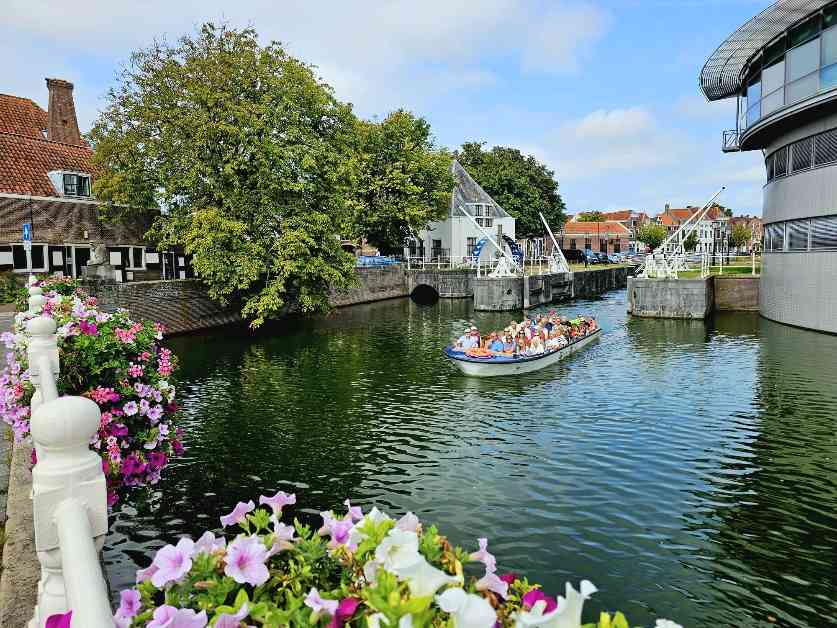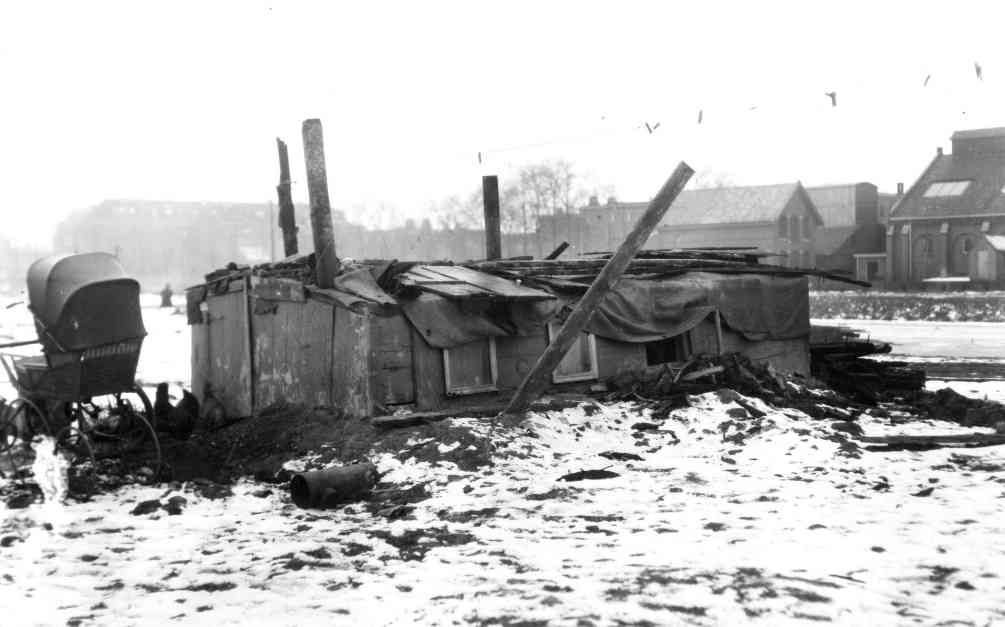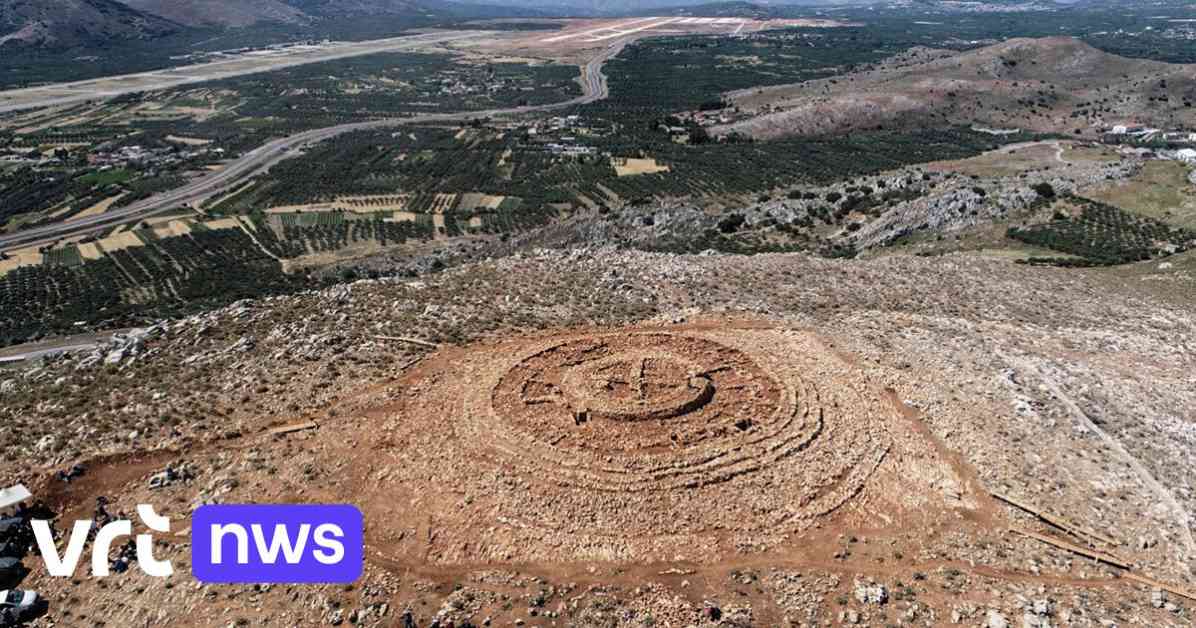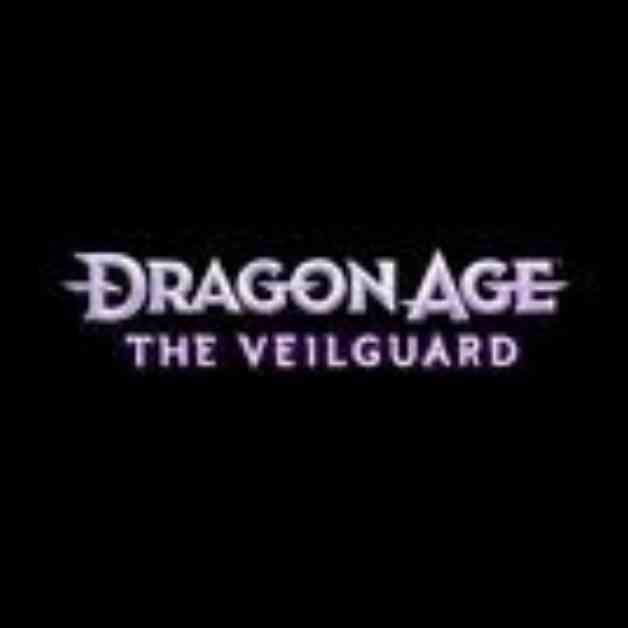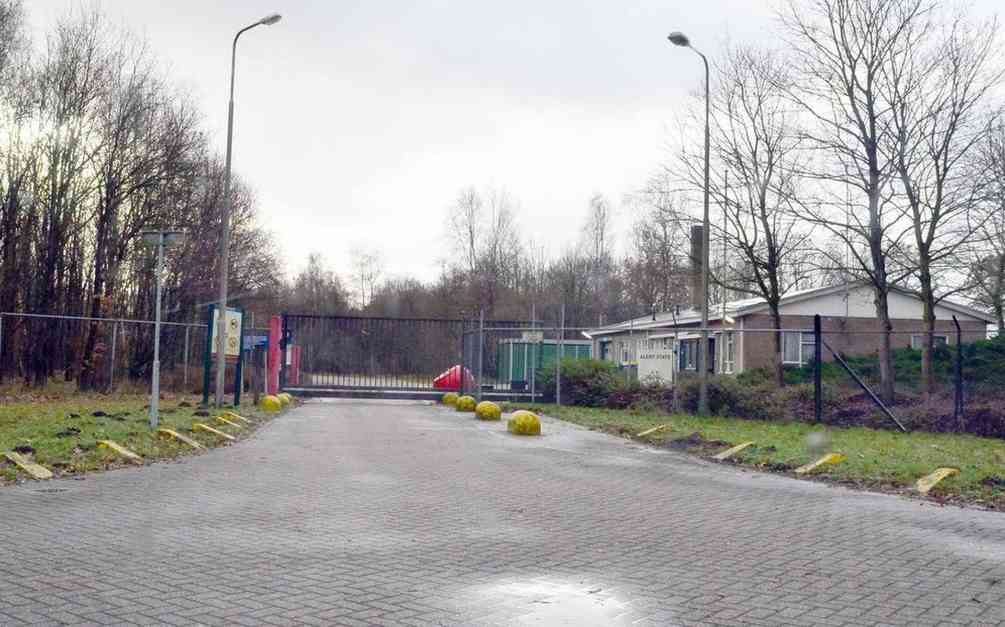The health impact of nuclear tests carried out by France in French Polynesia is low but not non-existent on the risk of thyroid cancer, according to a new study presented Monday by Inserm, which uses for the first time declassified data from the ‘army.
In this study, the results of which are published in JAMA Network Open, the scientists carried out a risk prediction analysis, according to which the nuclear tests carried out by France for decades in the archipelago could be responsible for 0 .6% to 7.7% of cases of this cancer. “This is the proportion of thyroid cancers attributable to the trials among all the thyroid cancers that people present at the time of the trials all islands combined have or will develop,” explained Florent de Vathaire, Inserm researcher. to Gustave-Roussy, first author of the study. Either a “weak, but not at all non-existent” impact, according to him.
After initial work, published in 2010, the same research team conducted a second epidemiological study of 395 cases of thyroid cancer diagnosed between 1984 and 2016 in Polynesia and 555 controls from the general population. “This is the first study that uses confidential army reports declassified in 2013,” insisted Mr. de Vathaire.
Using these declassified documents, meteorological data and an interview of each case and witness, the authors were able to simulate the radioactive cloud of each nuclear test, and estimate the radiation dose received by the thyroids of study participants (nearly 5 milligrays on average).
Of all the cases of cancer diagnosed (395 people), the scientists did not find a “significant” association between the dose of radiation to the thyroid and the risk of thyroid cancer. However, if the analysis were limited to invasive cancers requiring treatment, the relationship would appear significant.
Visiting Papeete in July 2021, Emmanuel Macron had affirmed that France had “a debt” with regard to French Polynesia for having carried out nearly 200 nuclear tests in the Pacific for 30 years, until 1996, and asked the opening of archives with the exception of the most sensitive military data. In 2010, Paris had for the first time recognized that these 30 years of atomic explosions had had an impact on the environment and health in Polynesia, paving the way for compensation.






